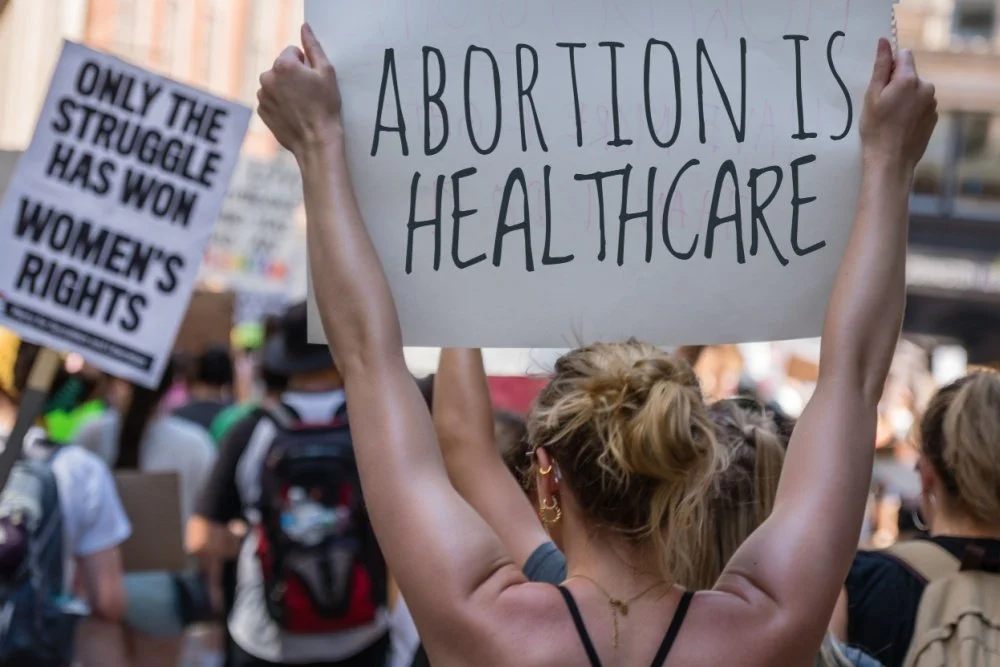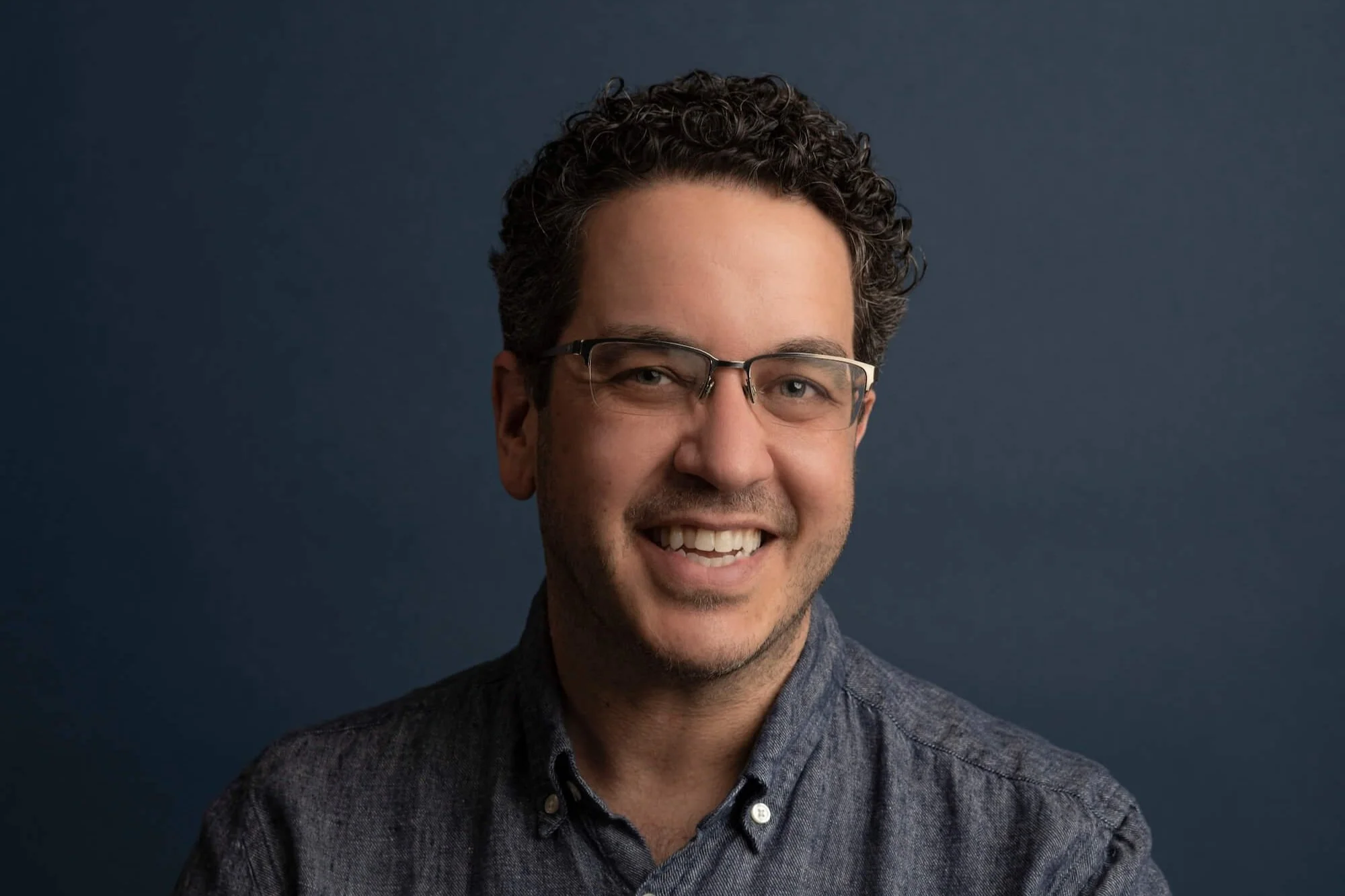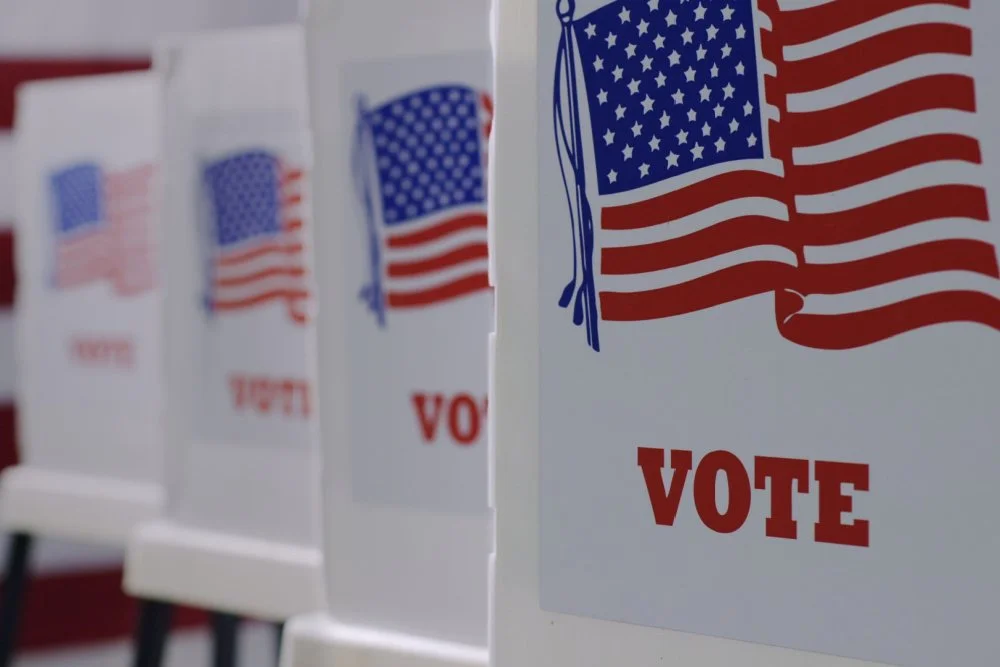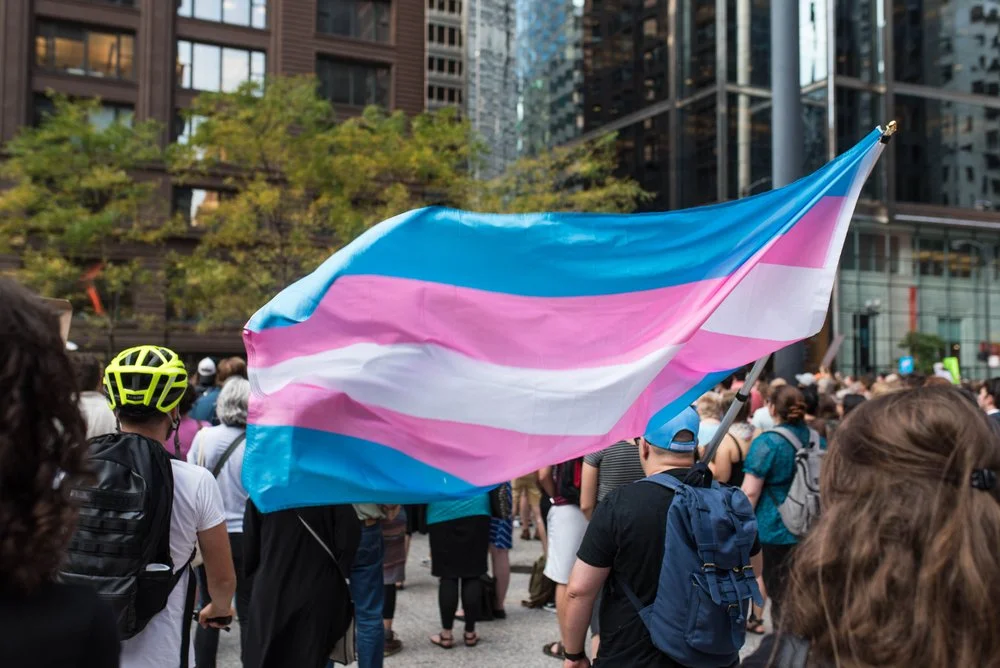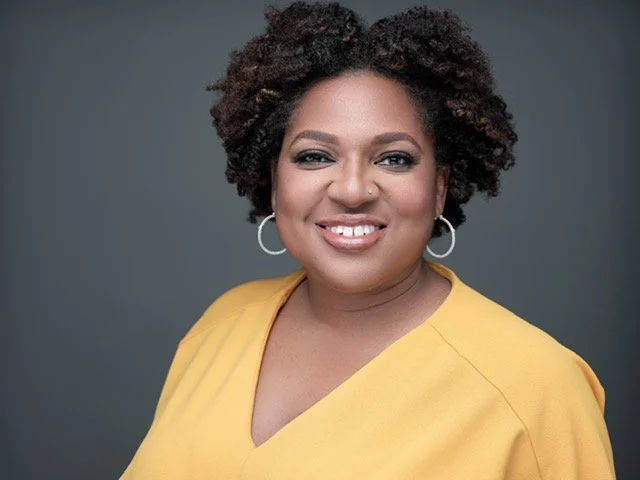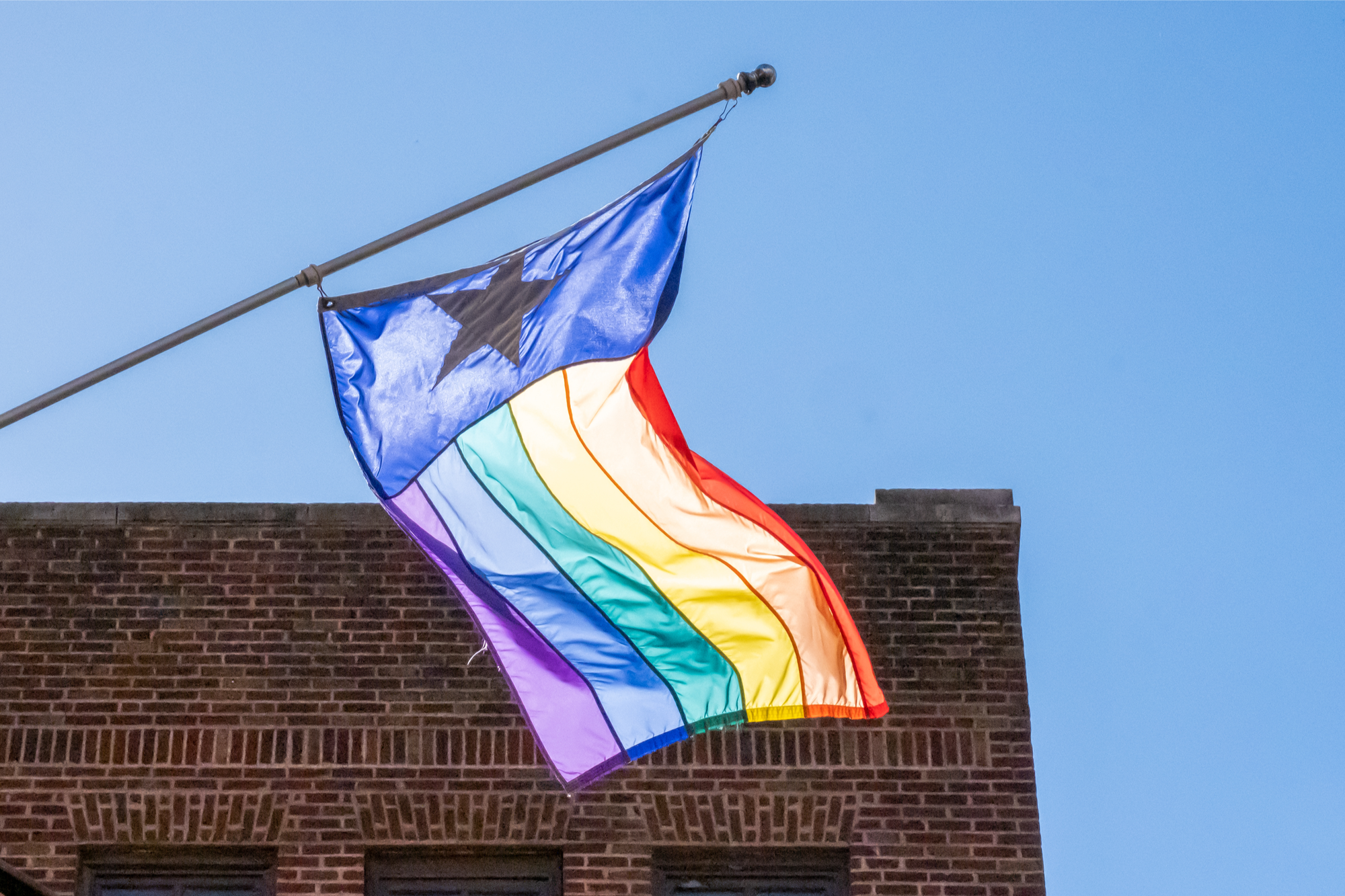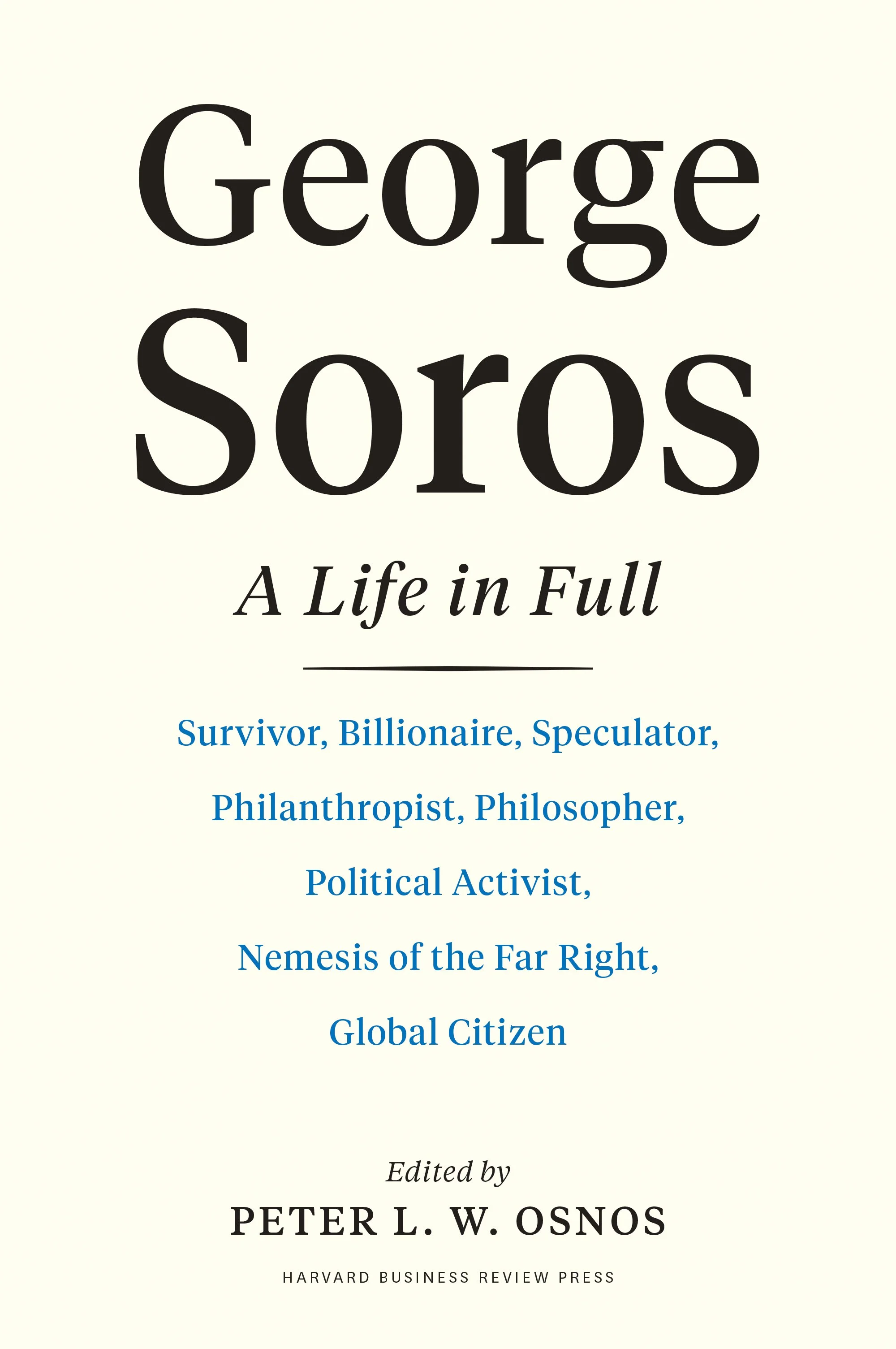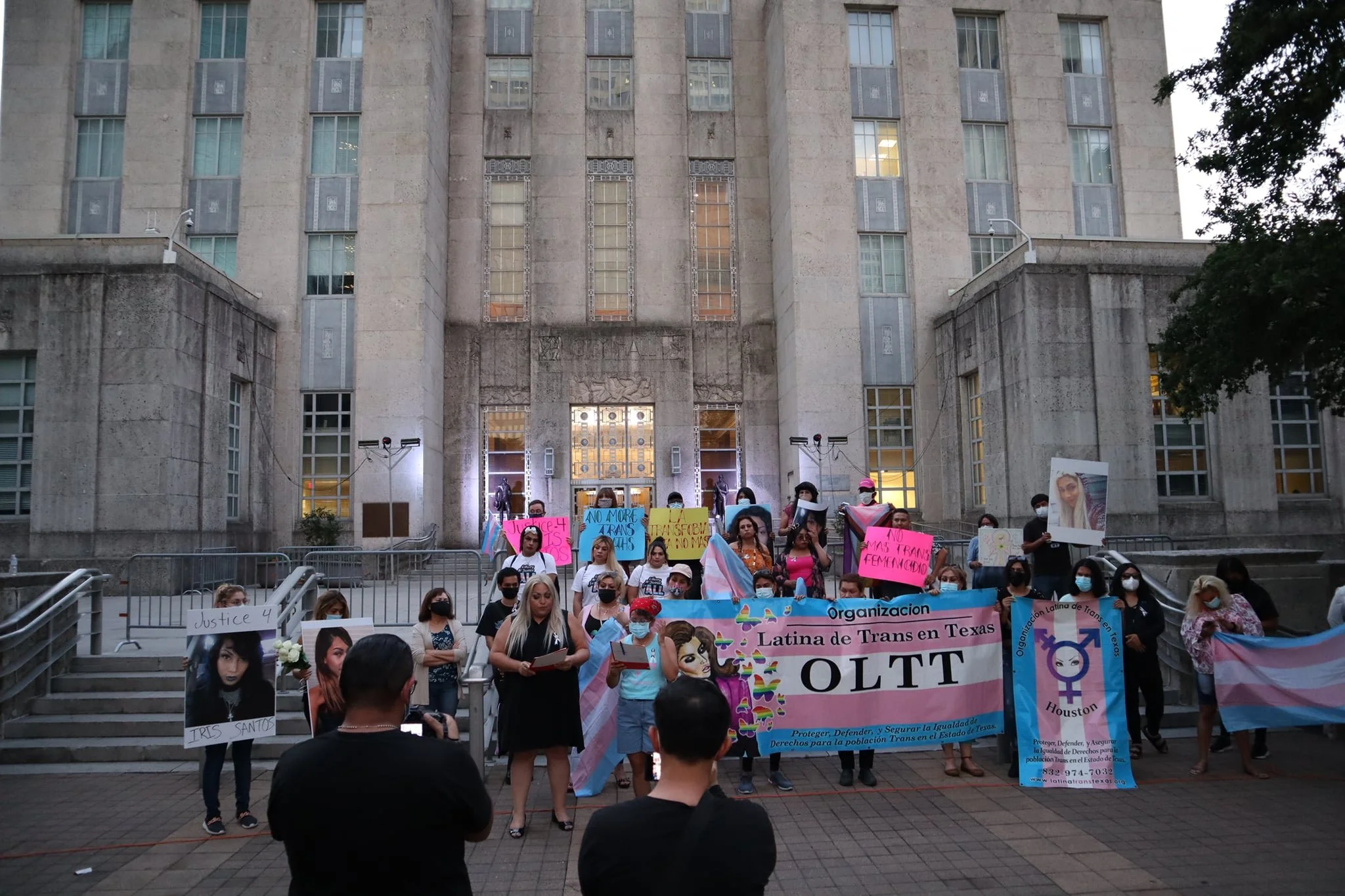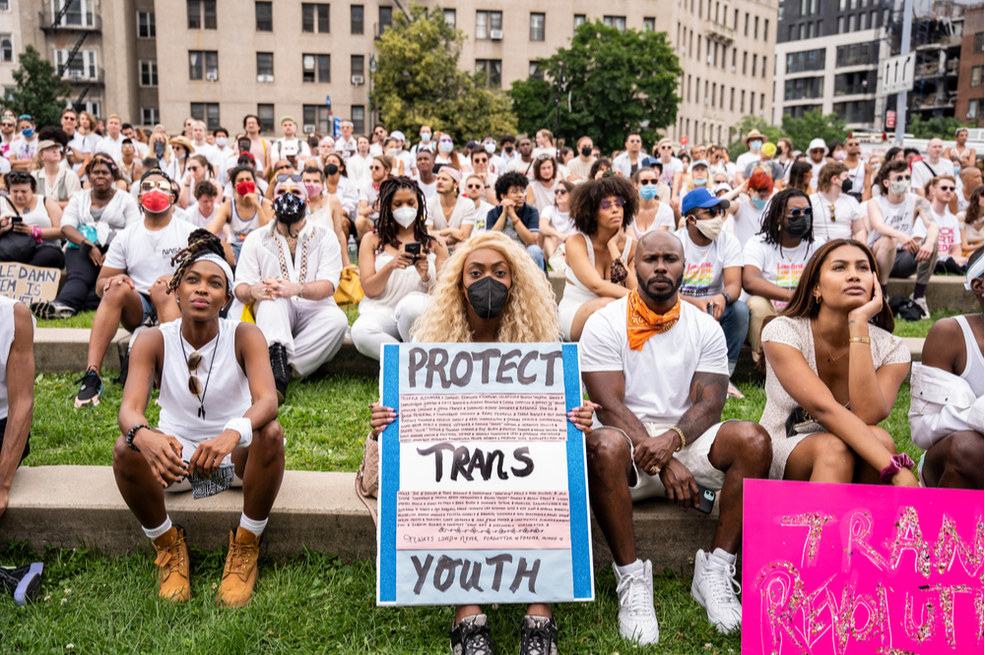Inside Game: A Foundation Supports LGBTQ Leaders in the Halls of Power
/Houston's City hall. photo: VanHart/shuttersock
While it was the nation’s highest court that granted marriage equality to LGBTQ Americans two years ago, the news out of Washington these days isn't so rosy. With social conservatives like Mike Pence and Jeff Sessions in top roles, many LGBTQ funders continued the fight in places away from the capital. In fact, well before Trump's election threw up obstacles to gains at the federal level, these funders were focusing new attention and resources at the state and local level, especially in conservative parts of the country where discrimination against LGBTQ people is both legal and common. This push has been helped along by new funders who've arrived on the scene with a local focus, including community foundations. Most notably, there's been a rising tempo of funding and activity in the South, an area long overlooked by national foundations.
Related: Hope and Fear: LGBTQ Funding in the Age of Trump
For the David Bohnett Foundation, one way to ensure a future of LGBTQ equality is to build direct representation in the halls of power, and not just in D.C. There aren’t many LGBTQ elected officials—the foundation pegs the total at 0.1 percent nationwide. The Bohnett Foundation—fueled by the wealth of a tech entrepreneur-turned-philanthropist whom we've written about often—sees improving those numbers as a path toward policy victories.
Now in its 15th year, the David Bohnett LGBTQ Leaders Fellowship sends promising government officials to Harvard—specifically to a three-week summer fellowship at the Kennedy School of Government. Harvard lists the program fee for next year’s session at a steep $16,100. Bohnett’s fellowship provides financial assistance to successful applicants in partnership with the Gay & Lesbian Victory Institute. The Victory Institute facilitates executive training programs for openly LGBTQ leaders and counts Jon Stryker’s Arcus Foundation among its funders.
The program’s alumni roster includes an impressive array of mayors, representatives, chiefs of staff and municipal officials including Kirsten Sinema, the first openly bisexual U.S. congressperson, and Annise Parker, one of the first openly gay mayors of a major U.S. city (Houston). In some years, there were only seven Bohnett fellows at Harvard; in others, up to 16 fellows received support.
The Leaders Fellowship program is intended for “senior and mid-career executives” in the public sector. By contrast, Bohnett’s other big leadership program pays for public policy graduate students to work in the city halls of Los Angeles, New York City and Detroit. It also helps with their tuition at one of three partner universities, which act as intermediaries between the foundation and the city governments. Those mayoral fellows don’t need to identify as LGBTQ.
These days, the push for LGBTQ rights feels a bit like a case of "two steps forward, one step back." Newly won trans rights have come under particular threat from the Trump administration, but also Republicans who are ascendant at the state level. But this movement has experienced dark days before, such as post-election 2004, when ballot initiatives banning same-sex marriage succeeded across the U.S.
One reason that progress on LGBTQ rights has kept coming, despite some ups and downs, is because of coordinated and strategic philanthropy from a cohort of well-heeled donors. David Bohnett has been part of this group of philanthropists from the beginning, along with Tim Gill, Jon Stryker and James Hormel, and foundations like the Evelyn and Walter Haas Fund.
These funders have always seen this fight as a long-term struggle—and Bohnett's 15-year commitment (so far) to the leadership fellowship at Harvard is a case in point. We wouldn't be surprised to see him stick with this program for another 15 years.
Related:


